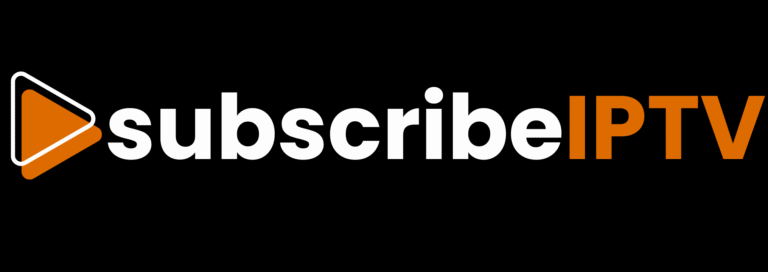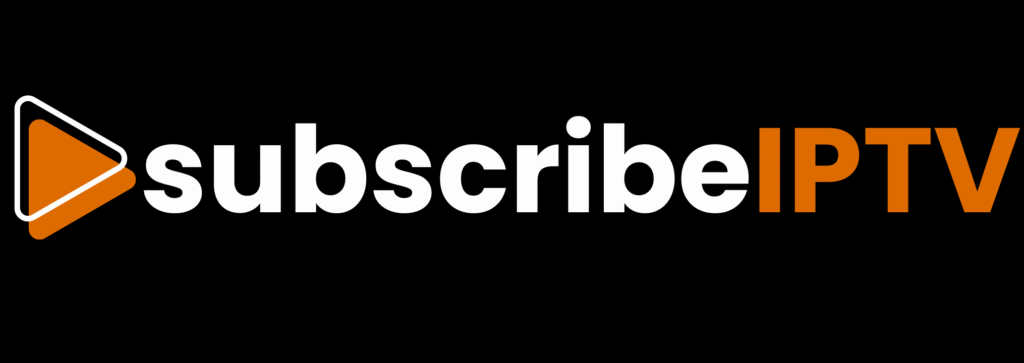IPTV Buffering
IPTV buffering is one of the most frustrating issues for viewers trying to enjoy a smooth streaming experience. Whether you’re watching live sports, movies, or your favorite TV series, sudden stops or loading wheels can quickly ruin the moment. The good news? IPTV buffering is often fixable.
In this complete guide, we’ll dive into the root causes of IPTV buffering and how to eliminate it for good. From connection issues to hardware setups, we’ve gathered the most reliable methods to help you enjoy IPTV without buffering.
What Is IPTV Buffering?
Buffering on IPTV refers to the delay that occurs when the video data isn’t loading fast enough to keep up with playback. Instead of a continuous stream, the player stops to load more data.
Common Symptoms:
- Spinning wheel or loading icon
- Sudden pauses during a show
- Pixelated or dropped video quality
Key takeaway: Buffering happens when data isn’t delivered fast enough to your device. It’s not always your IPTV provider’s fault.
Why Does IPTV Buffering Happen?
1. Slow or Unstable Internet Connection
Your internet speed is the most common culprit. IPTV streaming, especially HD and 4K content, requires a stable connection.
Recommended Speeds:
- SD: 3–5 Mbps
- HD: 8–12 Mbps
- 4K: 20+ Mbps
Use Speedtest by Ookla to check your internet speed.
2. Overloaded IPTV Server
If the IPTV service is hosted on a weak or oversold server, users may experience buffering regardless of their internet speed.
3. Wi-Fi Issues
Wireless networks are prone to interference. If you’re streaming on Wi-Fi, you might face inconsistent speeds.
4. Device Performance
Low-end or outdated devices might not handle streaming efficiently. Make sure your device supports hardware decoding.
5. Outdated App or Firmware
Old versions of IPTV apps or outdated firmware can lead to performance issues.
Key takeaway: Multiple factors—from your device to your ISP—can impact IPTV streaming.
How to Fix IPTV Buffering (Step-by-Step)
1. Upgrade Your Internet Plan
Make sure your plan meets the requirements for HD or 4K streaming. Contact your ISP if necessary.
2. Use a Wired Ethernet Connection
Why it works: Ethernet connections are faster and more stable than Wi-Fi. This eliminates many common buffering issues.
3. Optimize Router Placement
- Avoid physical obstructions (walls, furniture)
- Place the router in a central location
- Use 5GHz Wi-Fi for faster speeds
4. Restart Devices Regularly
- Reboot your router/modem every few days
- Restart your IPTV device before long sessions
5. Change IPTV Servers
Many IPTV apps let you switch between different servers. Test each one for the fastest performance.
6. Use a VPN
Some ISPs throttle IPTV traffic. A VPN can mask your traffic and eliminate throttling.
Recommended VPNs:
7. Lower the Stream Quality
If your internet is limited, reduce the stream resolution to 720p or 480p.
8. Update Your IPTV App
Check for updates in the app store or download the latest APK from the official site.
9. Clear Cache and Unused Apps
Go to Settings > Apps > IPTV App > Clear Cache
Free up device resources for smoother playback.
Key takeaway: Fixing buffering often requires a mix of internet, hardware, and software optimizations.
Best IPTV Providers with No Buffering
While no provider can guarantee 100% uptime, some stand out for delivering smoother streams.
1. IPTVtune
- High-performance servers
- HD and 4K content
- Anti-freeze technology
2. Helix IPTV
- Minimal buffering
- 24/7 channels and VOD
- Works well with Firestick and Android Box
3. BestBuyIPTV
- Fast channel switching
- Wide selection of servers
Key takeaway: A premium provider using reliable infrastructure can significantly reduce buffering.
Devices That Help Reduce IPTV Buffering
1. Fire TV Stick 4K Max
- Great processing power
- Dual-band Wi-Fi
2. NVIDIA Shield TV Pro
- One of the best Android boxes for streaming
- Built-in AI upscaling
3. MAG Box
- Stable performance with IPTV apps
4. Formuler Z11 Pro Max
- Excellent IPTV interface
- Supports MyTVOnline app
Key takeaway: Upgrading to a high-performance device improves stream stability.
Expert Tips to Avoid IPTV Buffering Long-Term
- Use a dedicated IPTV box instead of a general Android TV
- Schedule daily router reboots using smart plugs
- Use a VPN with fast tunneling protocols like WireGuard
- Avoid streaming during peak hours if using shared servers
Pro Tip: Ask your IPTV provider if they offer “buffer-free” or “anti-freeze” server options.
Conclusion: Say Goodbye to IPTV Buffering
IPTV buffering is a common issue—but not a permanent one. By following the tips in this guide, from upgrading your internet to choosing the right device and provider, you can enjoy IPTV without buffering.
Ready to upgrade your setup? Check out our best IPTV boxes guide or explore our no-buffer IPTV subscription plans.
External References:

